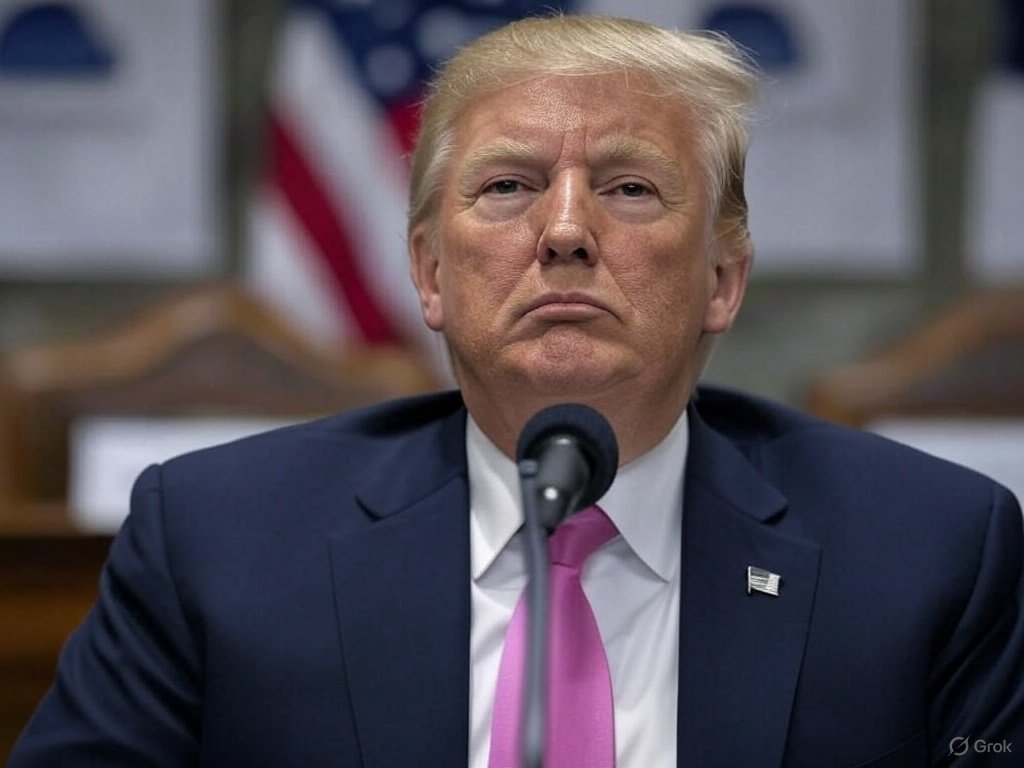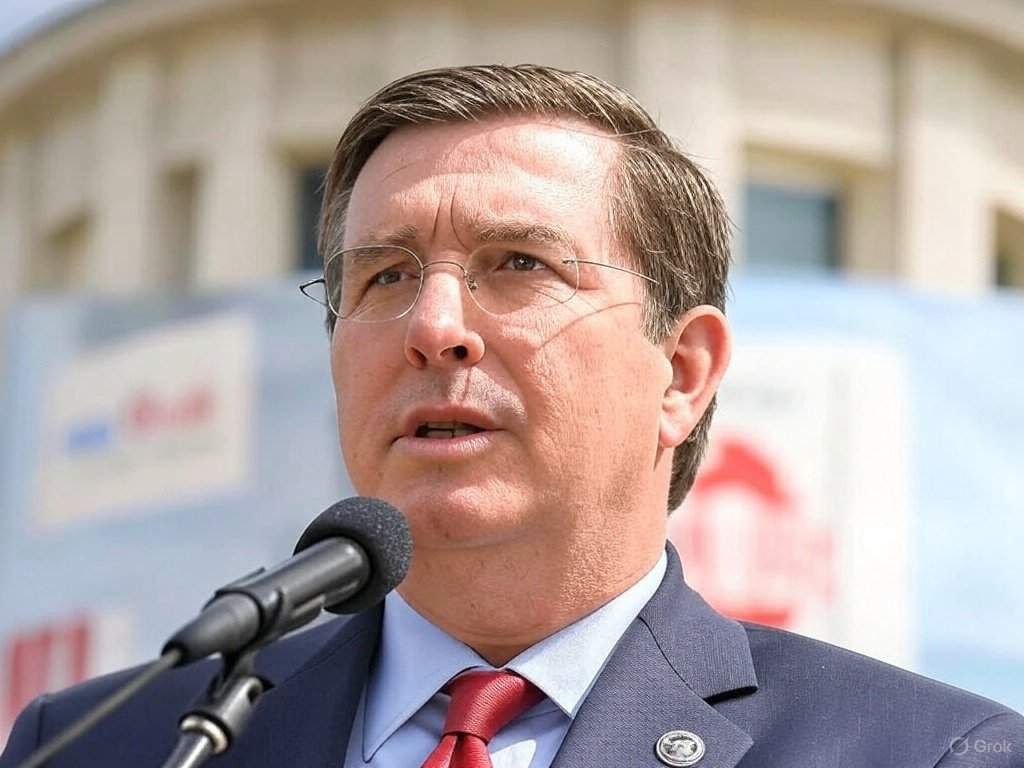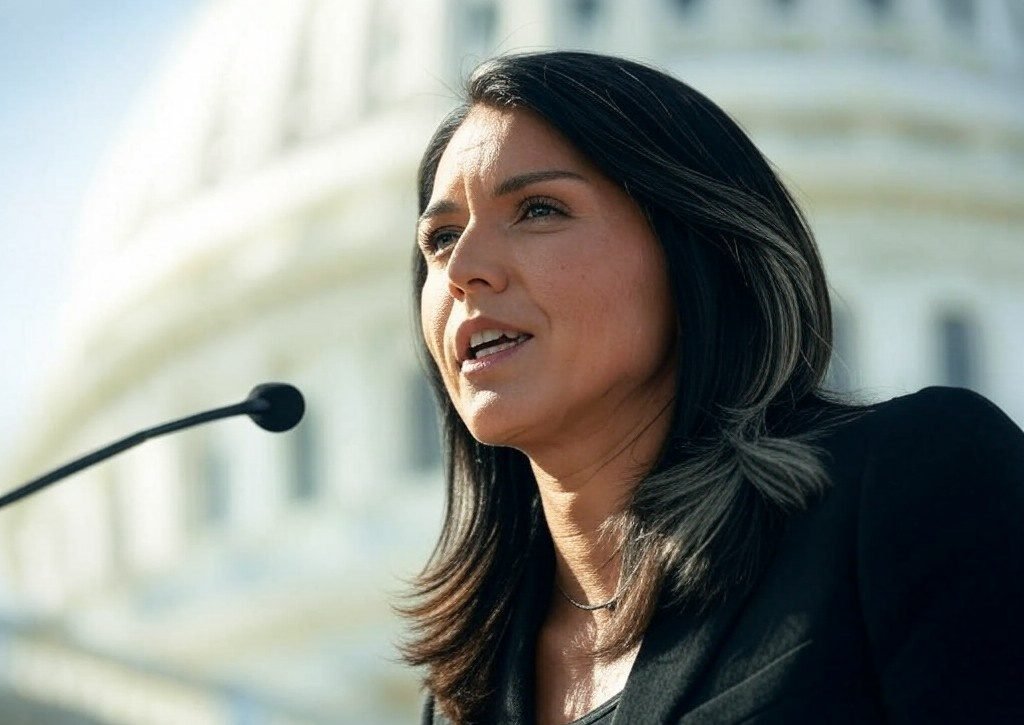Marc Fogel’s Release: A Case of Medical Cannabis and Diplomatic Challenges
In a remarkable turn of events, Marc Fogel, an American educator recently released from a Russian prison for marijuana possession, is set to attend a speech by President Donald Trump before a joint session of Congress. Fogel’s story is not just a personal saga but also a reflection of the complex intersection between drug policies, international relations, and human rights.
The Background of Marc Fogel’s Case
Marc Fogel, a history teacher and a registered medical cannabis patient in Pennsylvania, was convicted in Russia for possessing a mere half-ounce of cannabis, leading to a staggering 14-year sentence for “drug smuggling.” His release, part of a high-profile prisoner swap last month, has sparked discussions around the implications of his case—both domestically and internationally.
Fogel’s situation illustrates the broader issues surrounding marijuana laws across different jurisdictions. In Pennsylvania, Fogel utilized cannabis as a legal alternative to opioids for pain management, demonstrating the disparity between state laws and international enforcement practices. The White House, in a press release, acknowledged the gravity of Fogel’s ordeal, stating that “Marc is an American history teacher who was held hostage by the Russian government and wrongfully sentenced to 14 years in a Russian prison.”
Political Responses and Diplomatic Efforts
Fogel’s release was celebrated by key congressional leaders and the Trump administration, yet it did not garner explicit acknowledgment regarding the nature of his charges. The White House’s silence on the specifics of Fogel’s marijuana possession reflects the complex dynamics of drug enforcement policies in the United States, particularly as they relate to federal law, which still classifies marijuana as a Schedule I substance.
Prior to his designation as “wrongfully detained” by the State Department under President Biden’s administration, there were numerous calls from lawmakers and advocates for Fogel’s situation to be recognized as unjust. In August, over a dozen members of Congress wrote to the Biden administration, emphasizing that Fogel’s access to marijuana was “necessary to subdue his pain.” This push for diplomatic intervention came amid broader concerns regarding the treatment of American citizens in Russia.
Comparisons to Other Cases
Fogel’s case has drawn parallels to that of WNBA star Brittney Griner, who was also incarcerated in Russia for possessing cannabis oil obtained legally in Arizona. Both cases underscore the challenges faced by American citizens abroad, particularly regarding drug-related offenses. The bipartisan support for both individuals highlights a growing recognition of the need for reform in how the U.S. government addresses drug policy in international contexts.
Trump’s New Pardon Initiative
Amidst these developments, President Trump has recently appointed Alice Marie Johnson, a prominent advocate for criminal justice reform, as the nation’s “pardon czar.” Johnson, whose sentence for a drug-related conviction was commuted by Trump, is now tasked with facilitating future clemency actions. Her invitation for Americans to watch Trump’s congressional address further emphasizes the administration’s focus on reforming drug policies and addressing past injustices.
Johnson’s statement, “This is the beginning of the renewal of the American Dream!” encapsulates the hope many have for a shift in the national dialogue around drug policy and reform.
Pressures for Change in Drug Policy
The Senate Appropriations Committee has also taken steps to ensure that the Biden administration escalates its diplomatic efforts regarding Fogel’s case. A spending bill passed last year included a report demanding explanations for the lack of progress in securing Fogel’s release, reflecting a growing concern among lawmakers about the treatment of American citizens abroad.
The resolution passed by the Senate called attention to Fogel’s legal use of cannabis in Pennsylvania and criticized the disproportionate nature of his sentence within the context of international drug enforcement practices. By framing Fogel’s incarceration as politically motivated, lawmakers are urging a reconsideration of how drug policies are enforced on a global scale.
The Broader Implications of Fogel’s Release
Fogel’s return to the U.S. raises critical questions about the future of drug policy reform both domestically and internationally. Russia has historically maintained a hardline stance against cannabis reform, condemning countries like Canada for their legalization efforts. This position complicates diplomatic relations and highlights the need for a more nuanced approach to international drug laws.
As the conversation around cannabis continues to evolve in the United States—with more states legalizing marijuana for medical and recreational use—the implications of Fogel’s case may serve as a catalyst for broader discussions on reforming federal drug laws. The contrast between state legality and federal prohibition creates a dissonance that affects not just individuals like Fogel but the entire landscape of drug policy in America.
Conclusion
Marc Fogel’s release from a Russian prison is not merely a personal victory; it is a critical moment that underscores the complexities of drug policy, international relations, and human rights. As discussions unfold in Congress and within the administration, Fogel’s case may serve as a significant impetus for reevaluating how the United States approaches drug enforcement both at home and abroad. The hope for comprehensive reform looms large, and the lessons learned from Fogel’s ordeal could guide future actions in the pursuit of justice and equity in drug policy.
As the national discourse continues to evolve, it is imperative for lawmakers, advocates, and citizens alike to engage in meaningful conversations about the implications of drug policy, ensuring that cases like Marc Fogel’s become catalysts for change rather than cautionary tales of injustice.






